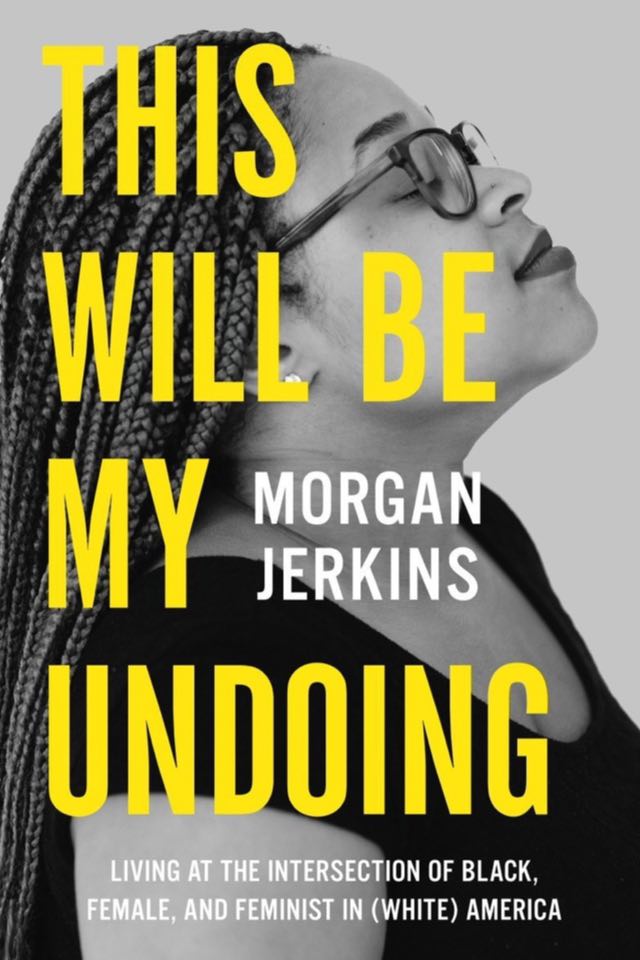This Will Be My Undoing
— Alexandra d’Abbadie
I’ve never been asked what I am in my own imagination. What is a black woman to herself out from under the shadow of the white woman?
Morgan Jerkins’ precocious lucidity quite literally took my breath away. Phrase after phrase, she articulated the messy mass of self that I could never succinctly bring into language. She is a black, African-American woman; I am a mixed-race Créole woman with a black mother from Mauritius. Therein lies part of the book’s tremendous influence: it will help other black and Créole girls from postcolonial nations around the world to formulate their experiences of blackness, in places where to be black is to be a minority, where power is still very much wielded by the white community.

This isn’t a question of easy appropriation, of course—I do not know what it is to have a white supremacist president, for instance. I fully understand that this book sets out to express what it is to be black and female in white America, and it triumphantly does so. One cannot separate Jerkins’ experience of blackness from her country. One cannot write a book on the universality of black experience (and how insulting, how essentialist that idea is in itself). I am willing to bet, however, that I’m not the only one who found her words painfully reverberating through me, because I recognized aspects of herself in myself, herself in my mother. She and I have not had the easiest relationship. I talked to her about some of Jerkins’ chapters; she opened up in ways that I couldn’t have predicted. We’ve had conversations we’ve never had in twenty-six years, that have made me go, oh. That’s why.
Are black women also nervous because of how much we have been warned about being ‘fast-tailed’?
Black people do not do therapy […] We go to God with our problems. Therapy is for white people with money.
There is no space for ‘experimentation’ in the world of young black women, for there are already too many obstacles to overcome […] When I see my white female contemporaries post pictures of their asses, or facetiously call each other sluts […] I know that if I did the same I would embody a historically entrenched belief that I, as a black woman, am nothing but an immoral and filthy animal at my core.
Oh.
This Will Be My Undoing has already started creating conversations we aren’t having in my country: mother/daughter, woman to woman, friend to friend. In Mauritius the Créole community (anyone with African origins is known as Créole, here) is fragmented, to say the least: many expatriated themselves as fast as they could, and continue to do so. Our malaise runs deep. There are very few spaces where dialogue takes shape. I’ve recommended the book to as many creole girls as I could, to create these spaces—online, in cafés, wherever. Jerkins is accessible as she is formidably brave; every paragraph provides entry points to discuss and explore our own issues. Of course it’s essential reading for nonblack people, too, this goes without saying—there’ll never be enough of books like hers, books by black women, because in case you haven’t noticed there’s a hand out there always ready to stifle our mouths, laugh when we get angry and swat our words away.